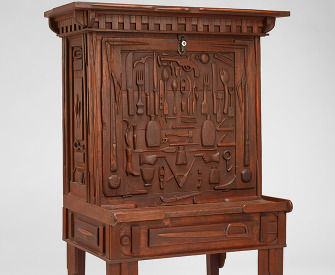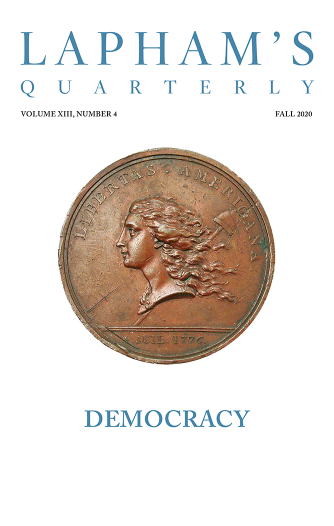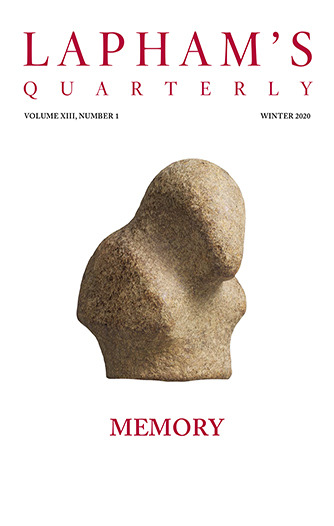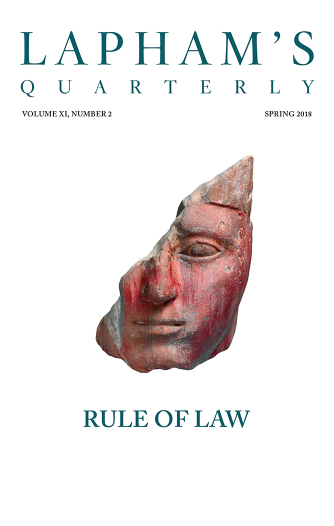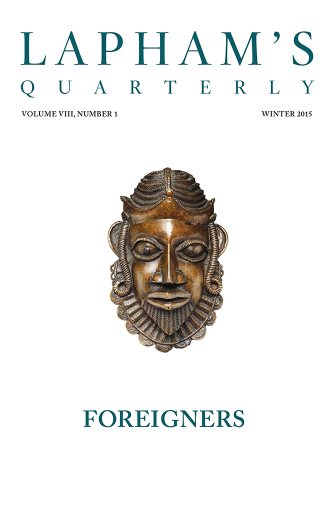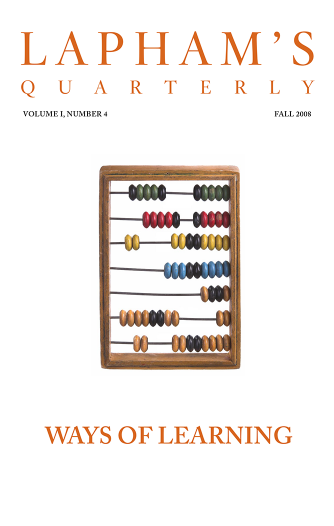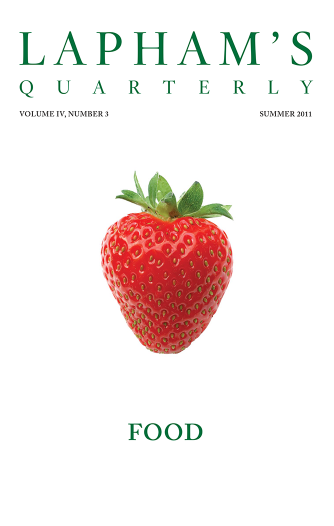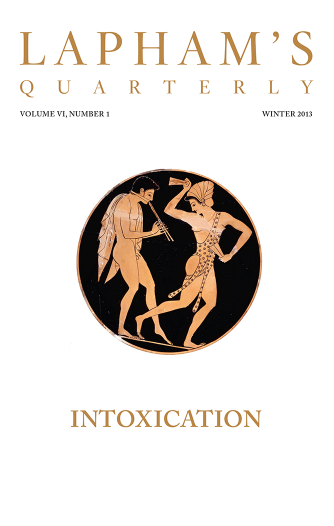
Frederick Douglass
(c. 1818 - 1895)
Frederick Douglass escaped from slavery in 1838 and, to elude capture, changed his surname from Bailey to Johnson and then to Douglass, after a character in Walter Scott’s poem “The Lady of the Lake.” Douglass spoke at an antislavery convention in Nantucket in 1841. His speech was so well received that he became an agent for the Massachusetts Anti-Slavery Society. Douglass published his first autobiography, Narrative of the Life of Frederick Douglass, in 1845, in part to silence skeptics who claimed that no ex-slave could be so articulate. Abraham Lincoln praised him as the “most meritorious man of the nineteenth century.”
